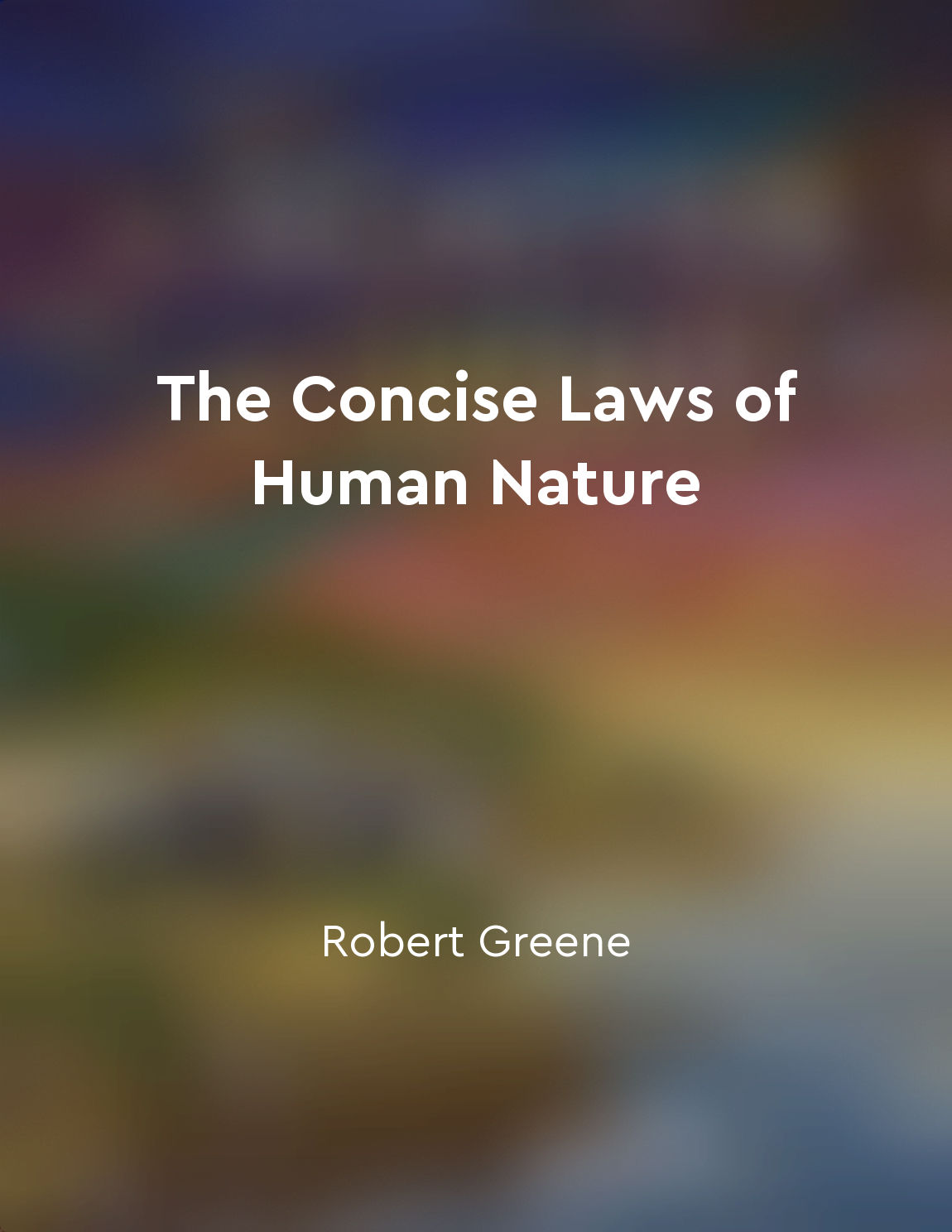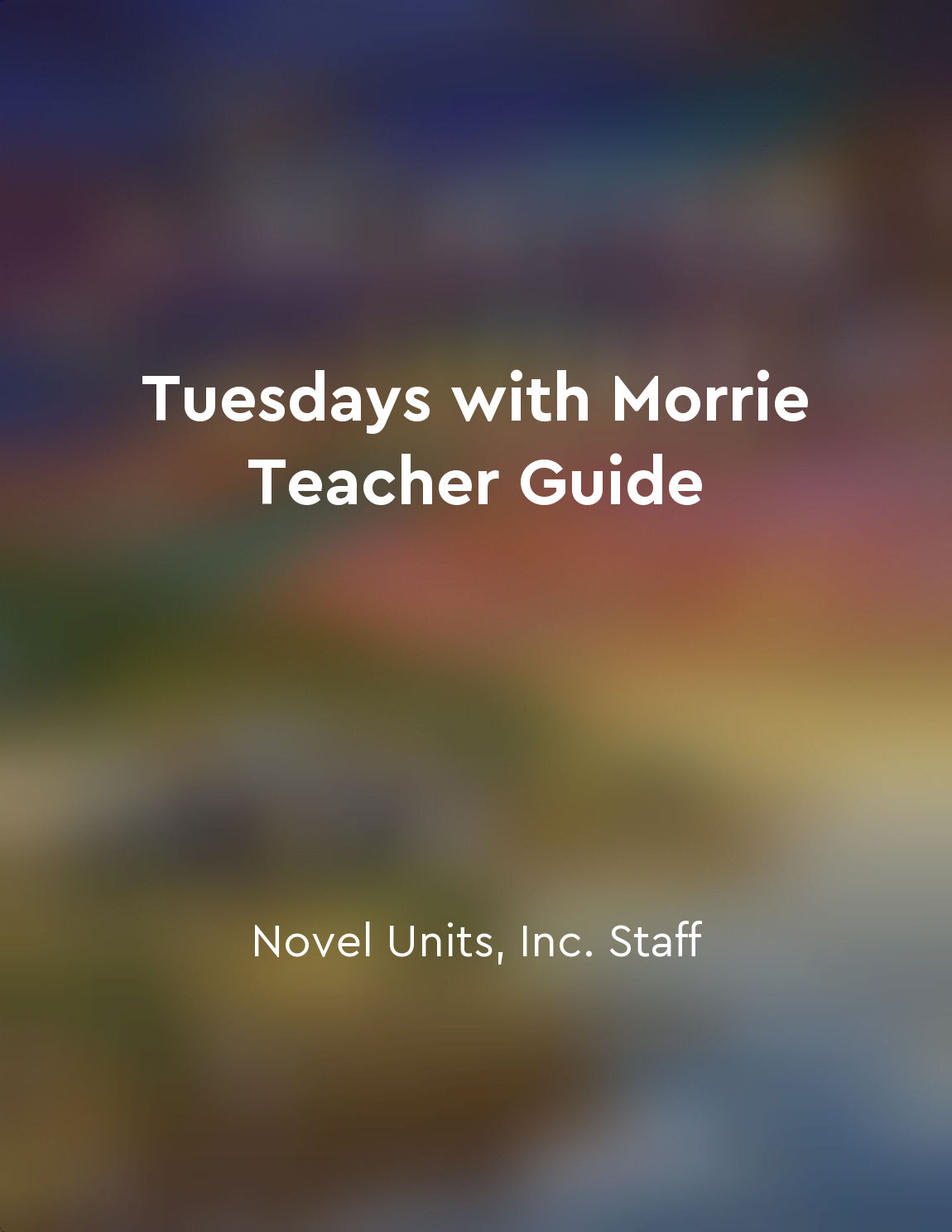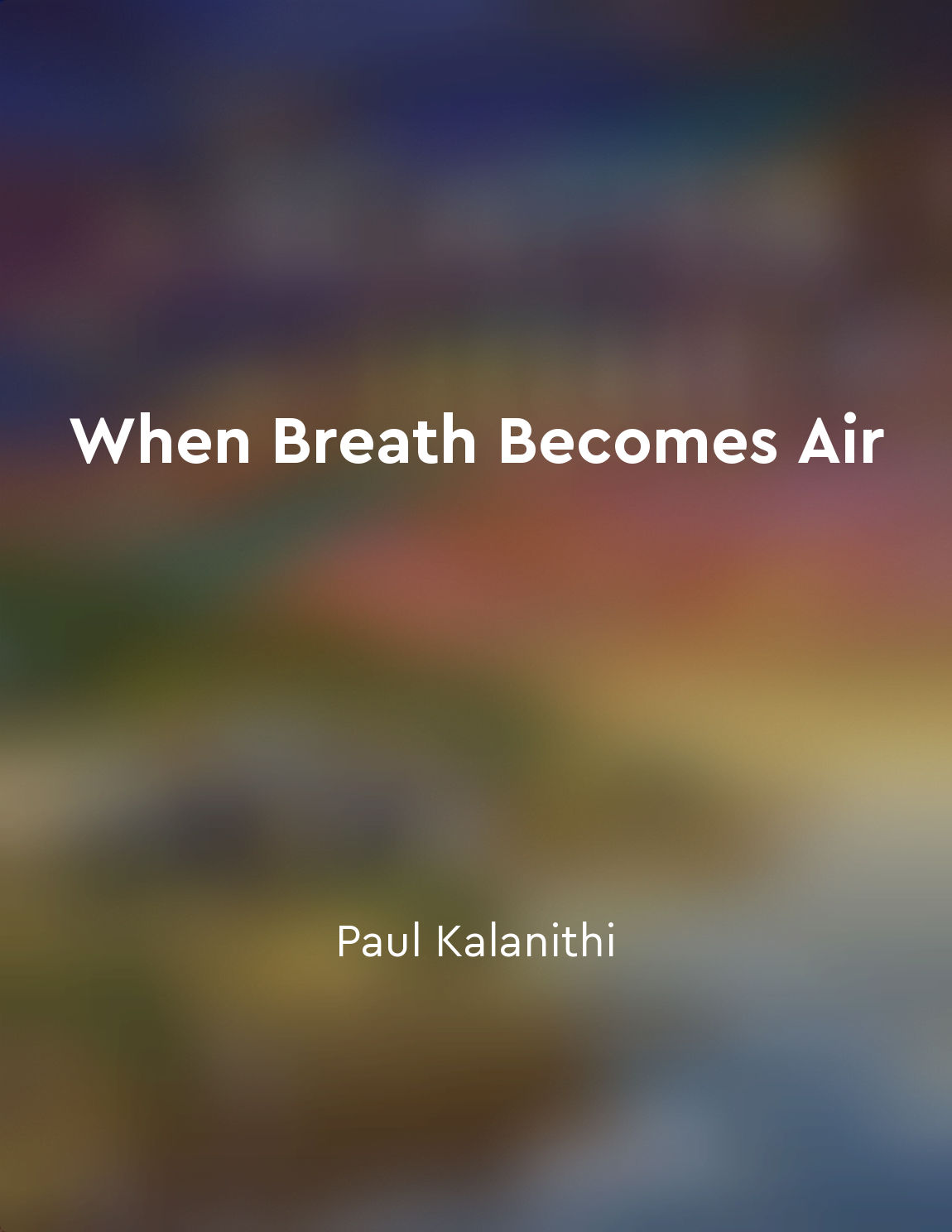Life expectancy has increased, but death remains inevitable from "summary" of How We Die by Sherwin B Nuland
The increase in life expectancy is a remarkable achievement of modern medicine and public health efforts. Advances in technology, the discovery of antibiotics, and improved living conditions have all played a role in prolonging human life. People are now living longer than ever before, with many enjoying active and healthy lifestyles well into their old age. Despite these advancements, death remains an inevitable part of the human experience. No matter how long we may live, we cannot escape the ultimate fate that awaits us all. Death is a natural and necessary part of the cycle of life, a process that has been unfolding since the beginning of time. It is a universal truth that we must all come to terms with, no matter how much we may try to deny or avoid it. In his book 'How We Die', Sherwin B. Nuland explores the various ways in which death can come to us, from heart attacks and cancer to Alzheimer's disease and old age. He delves into the intricacies of the human body and the many ways in which it can fail, leading to our eventual demise. Nuland's detailed descriptions and vivid portrayals of death help us to understand and accept the inevitability of our own mortality. While we may strive to live longer, healthier lives, we must also come to terms with the fact that death is an inescapable part of the human condition. It is only by acknowledging and embracing our mortality that we can truly appreciate the beauty and fragility of life. As Nuland eloquently puts it, "the tragedy of our mortality is also the source of our greatest strength and resilience." In the end, it is our acceptance of death that allows us to live fully and authentically, making the most of the time we have been given.Similar Posts

Human nature is driven by a complex interplay of desires and fears
Human nature is a complex tapestry of desires and fears that constantly influence our thoughts, emotions, and actions. These de...

Life lessons are often best learned through personal experiences
One of the central themes in 'Tuesdays with Morrie Teacher Guide' is the idea that lessons in life are more effectively learned...

Accepting mortality can bring clarity
Paul Kalanithi, in "When Breath Becomes Air," delves into the profound realization that accepting mortality can ultimately brin...
Embracing our mortality can lead to a greater sense of gratitude
When we face the reality of our own mortality, it can be a frightening and uncomfortable experience. The idea that our time on ...
Death is a natural part of the cycle of life
Death is not an aberration but a natural process that occurs as part of the cycle of life. Just as birth marks the beginning of...
Society's views on death shape our perspectives
Our society has a profound influence on how we perceive and understand death. The way in which death is portrayed and discussed...
Death is not to be feared but to be embraced as a profound mystery of life
Death is not something that happens to you. It is something that happens to everyone and everything. It is a natural process th...
It is a testament to the power of the human mind
This concept highlights the remarkable capabilities of the human mind, showcasing its immense power and potential. It serves as...
